South Korea's controversial new law restricting animal cafes could put many animals at risk of abandonment and people's livelihoods at risk.
In South Korea, animal cafes have exploded in popularity over the past decade. First came dog and cat cafes, then came wildlife cafes. One cafe in Seoul’s Hongdae university district houses about 40 animals, including hedgehogs, snakes, foxes and ferrets. A sign on the door advertises it as a unique dating spot.
But these cafes have been controversial. Animal rights advocates have long called for strict restrictions or an outright ban on such businesses.
Growing opposition has prompted the South Korean government to tighten the rules with a new law that will take effect in December 2023, banning cafes from displaying or keeping live wild animals unless they are registered as zoos or aquariums.
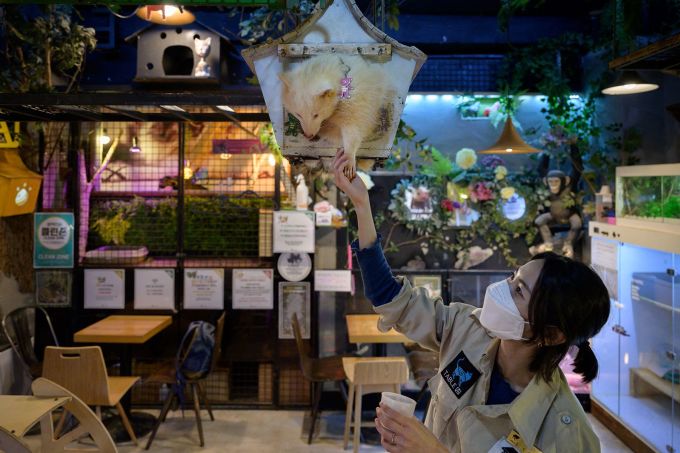
An employee feeds an albino panda at an animal cafe in Seoul. Photo: Ed Jones
Experts say it is a positive step but more is needed given the narrow scope of the law and opposition from business owners who say their livelihoods are at risk.
Jang Ji-deok, director general of the Animal Management Bureau at the National Institute of Ecology, which advises the government on the issue, said the law would have little impact, given the many hurdles involved in the survival of businesses. But the law’s introduction means things are getting better, with more attention paid to animal treatment.
The animal cafe craze began in South Korea in the early 2010s. At a typical animal cafe, customers can enjoy drinks, pet and feed animals. The animal cafe model is more attractive as customers in big cities have few opportunities to directly interact with wild animals.
Kang Aesol, who lives in Seoul, said she visited the sheep cafe , where the experience of playing with the "cute" animals helped her relieve stress after work. She shared that the animals at the cafe seemed comfortable and showed no signs of stress or panic. Ms. Kang stroked the sheep "very carefully" and mostly observed the animals from a distance.
"When hearing about pet cafes, many people have prejudices about animal abuse, but after learning about this sheep cafe, I think it's a really good system. The sheep look very healthy and don't show any signs of anxiety," said Ms. Kang.
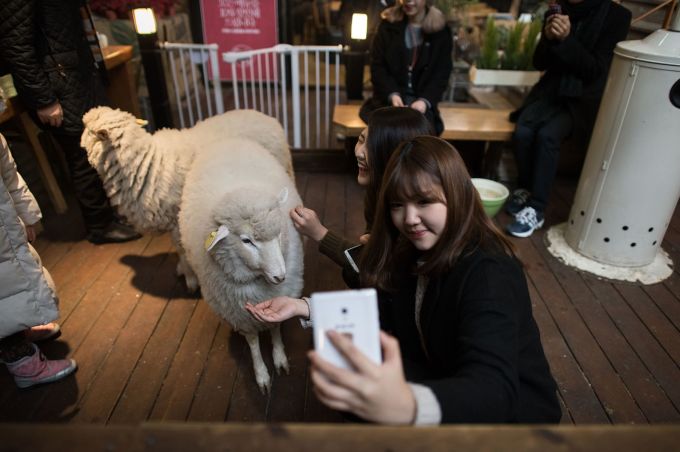
Tourists take selfies at a cafe in Seoul. Photo: Ed Jones
Animal cafes are popping up more and more because they bring in big profits. A representative of a pet business consulting company in Korea told CNN that he often advises many food and beverage business owners who are having financial difficulties to switch to the pet cafe model. It is estimated that a dog cafe requires a minimum investment of $40,000, but the net profit can be more than $15,000 per month.
Social media has also contributed to the trend of animal cafes and pet shops. A Samoyed dog cafe in Seoul has more than 81,000 followers on Instagram and the line often stretches out the door.
As animal cafes have proliferated, criticism has followed. Local media reports have pointed out that animals and pets in cafes are often kept in small, cramped living spaces, many are stressed by frequent touching by visitors, some have health problems due to poor diets, and other shortcomings in care.
On the other hand, some businesses have animal protection regulations, such as prohibiting customers from touching certain animals or not allowing children under a certain age to enter. A sheep cafe in Seoul asks customers not to startle the sheep and provides sinks for customers to wash their hands before and after petting the animals.
The director-general of the Animal Management Department at the National Institute of Ecology said the new law, enacted last month, reflected the government's growing concern over "instances of venomous and dangerous animals being displayed and sold indiscriminately in the country", as well as showing growing pressure from the public.
Under new amendments to the Wildlife Protection Act, only establishments officially registered as zoos or aquariums are allowed to display “live wild animals”. Existing animal cafes have four years to register as zoos or aquariums or close under the law – with a grace period to minimise any animal abandonment when they close.
Licensing of zoos and aquariums sets certain standards for animal housing, staffing, safety and disease management, creating a better environment for animals.
But the law has left some business owners worried. Koo Jung Hwan, who runs a meerkat cafe in Seoul, said he is torn between filing a legal dispute, closing his business, or applying for an indoor zoo license. He plans to continue operating during the extension, but expressed concern about other cafes abandoning their animals after closing.
"The law prohibits animal cafes, but it has not come up with any alternatives or what to do with the animals. The government should have thought of that. If my cafe has to close, I will still keep the ferrets and care for them like family members," said Koo Jung Hwan.
On the other side of the debate, some animal activists and advocates argue that the law doesn't go far enough because it only focuses on cafes that display wild animals. That means cafes with animals classified as "pets" or "livestock" would be exempt from the regulations, whether they keep dogs and cats or ferrets and sheep.
These exceptions “could be exploited,” experts say, with animal welfare laws “not enforced as strongly” in South Korea compared to some European countries. However, authorities are unlikely to expand the law to include pet cafes and pets, which could lead to a decline in the animal cafe industry and small farms across the country.
The owners of these businesses have the right to exist. Enforcement of animal protection laws is like a double-edged sword, it cannot be "heavy-handed" and "deprive people of their livelihoods".
Further proposals on the issue are in the works. The government-owned National Institute of Ecology has proposed guidelines such as introducingeducational programs at animal cafes, requiring visitors to wear gloves before handling animals, and limiting contact with each animal to just one or two minutes.
Bich Phuong (According to CNN )
Source link



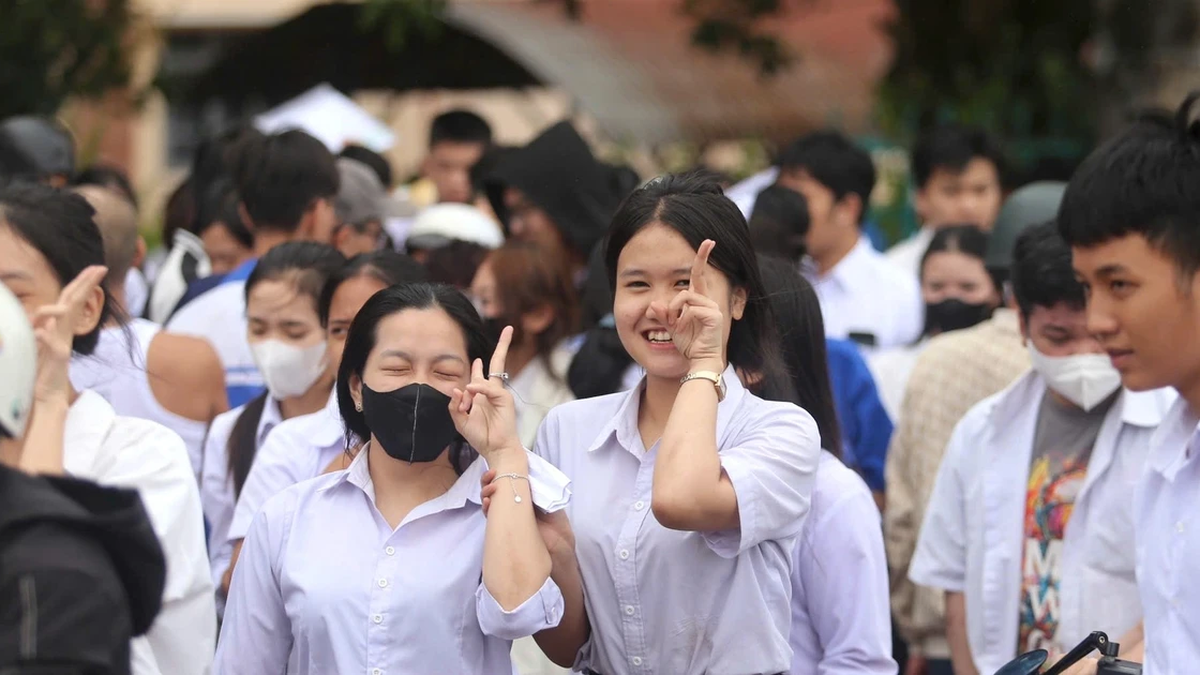
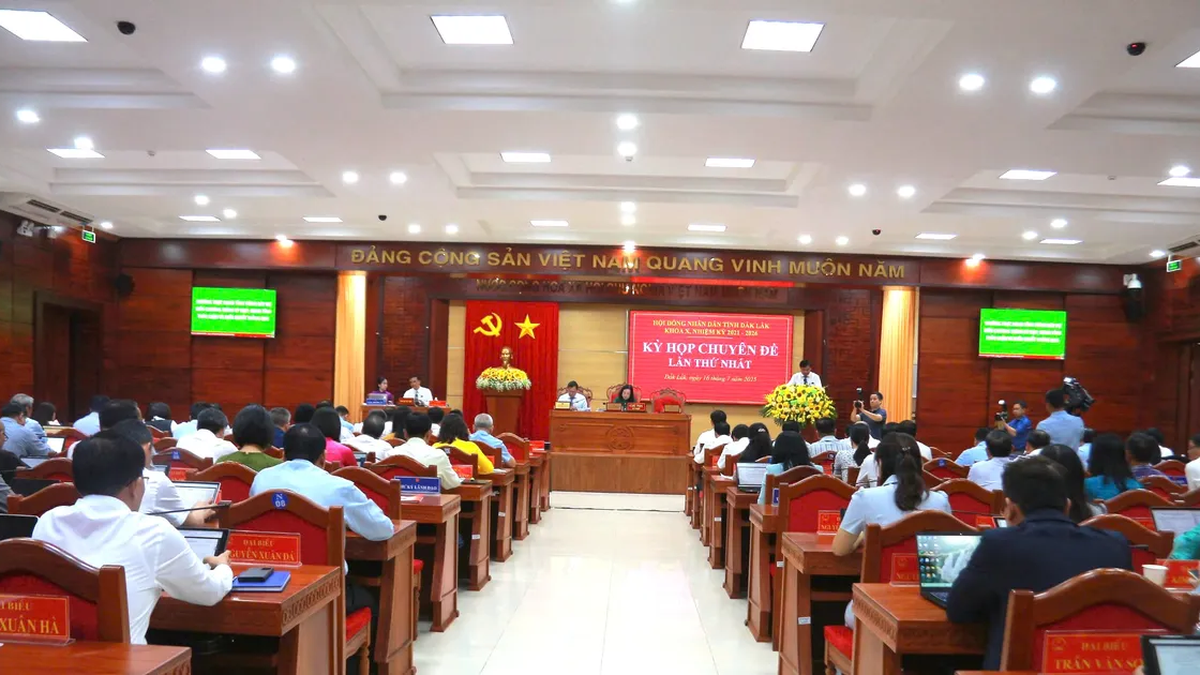




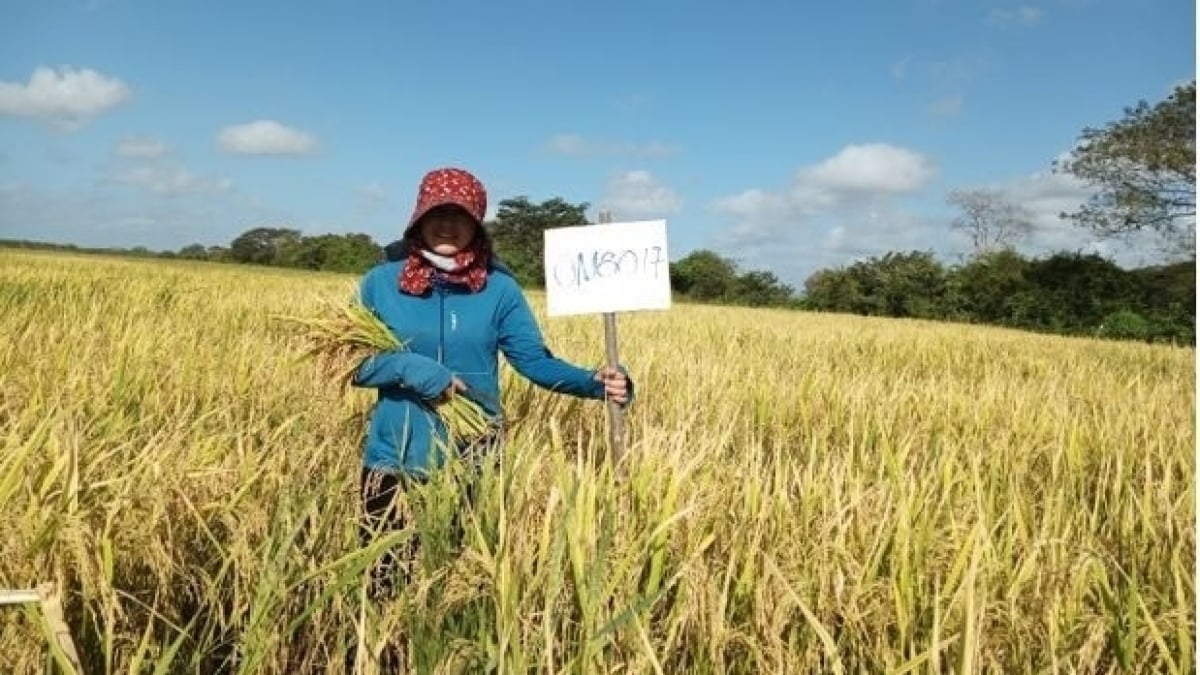



































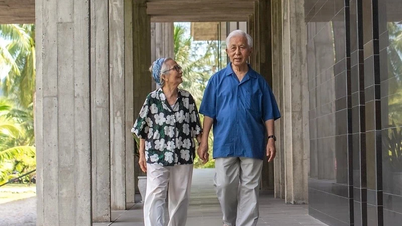

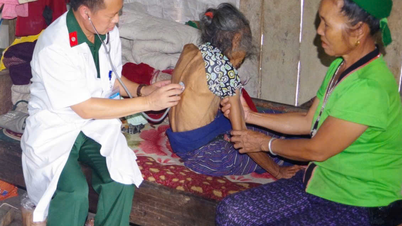






















































Comment (0)